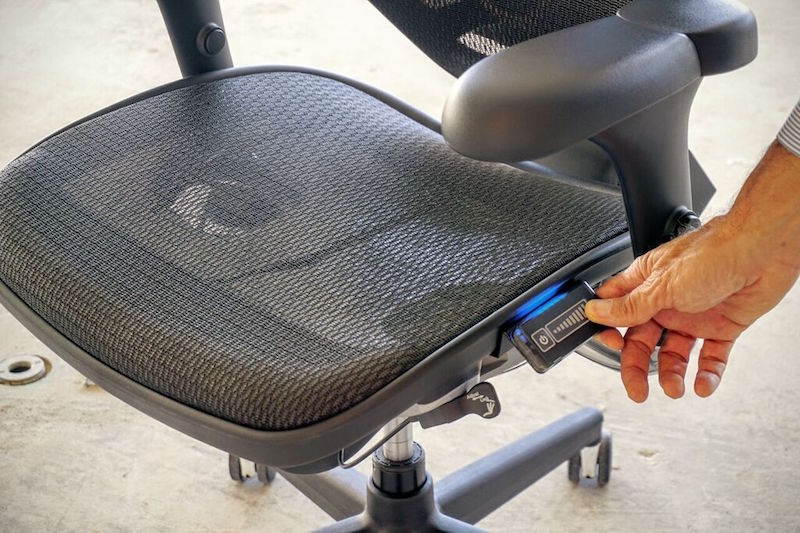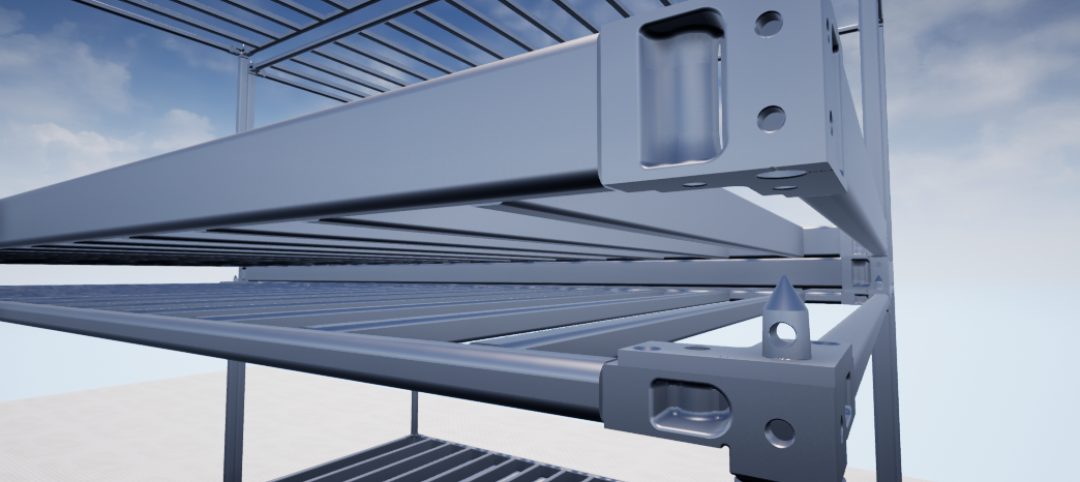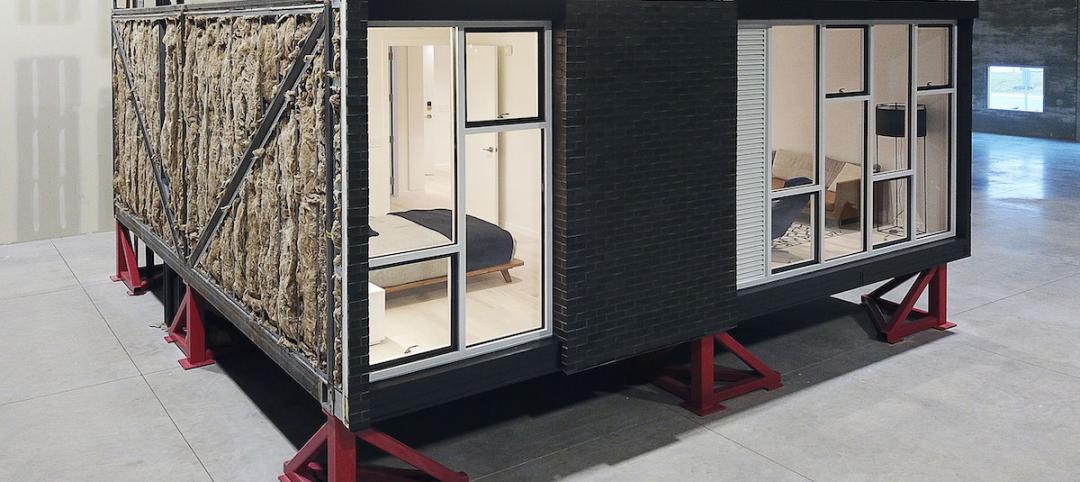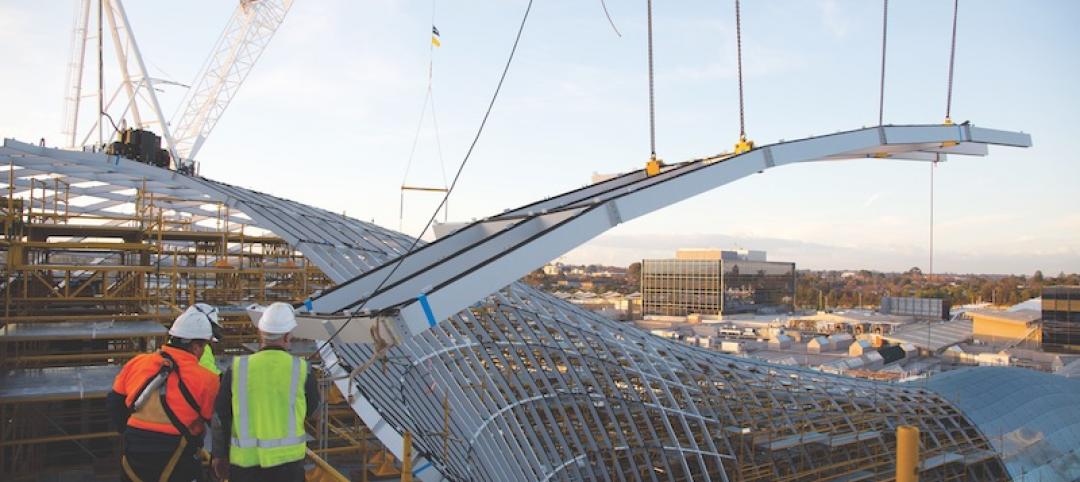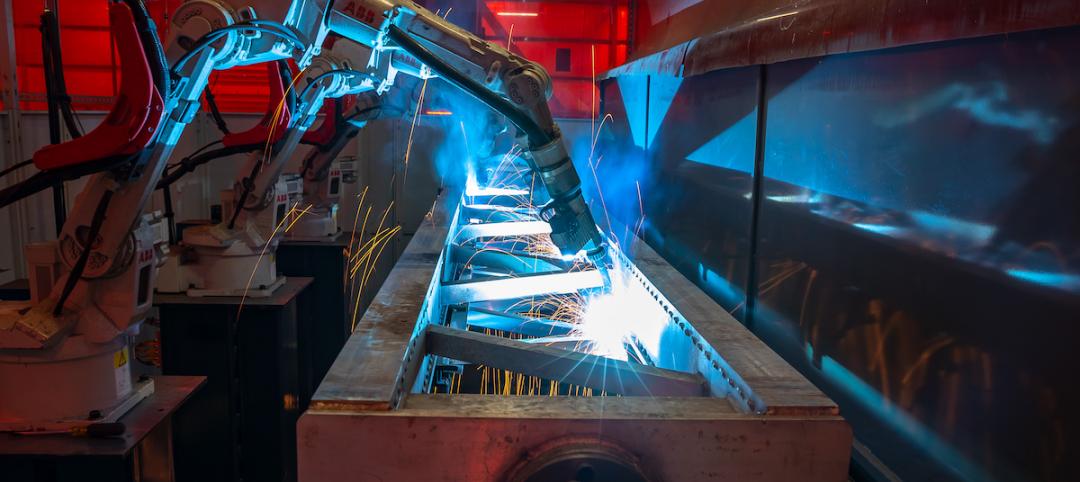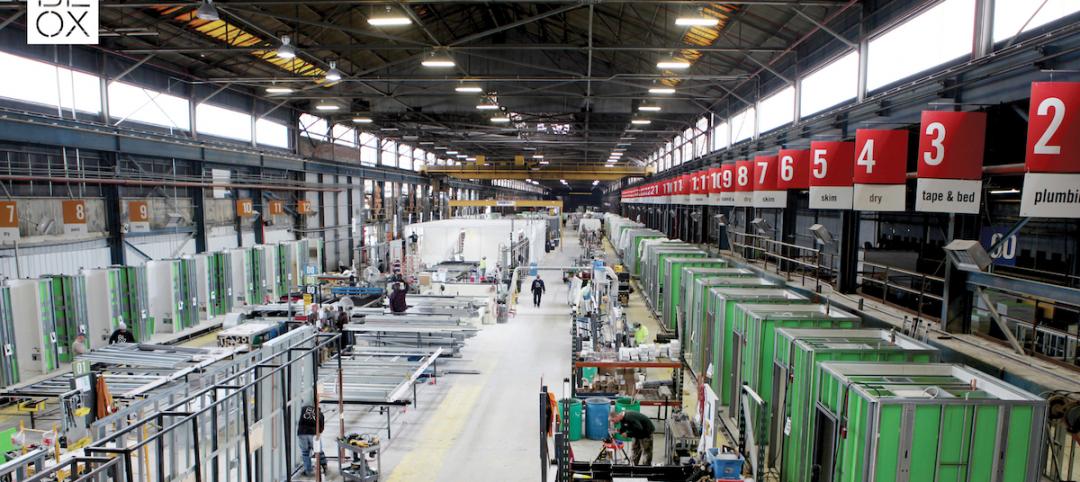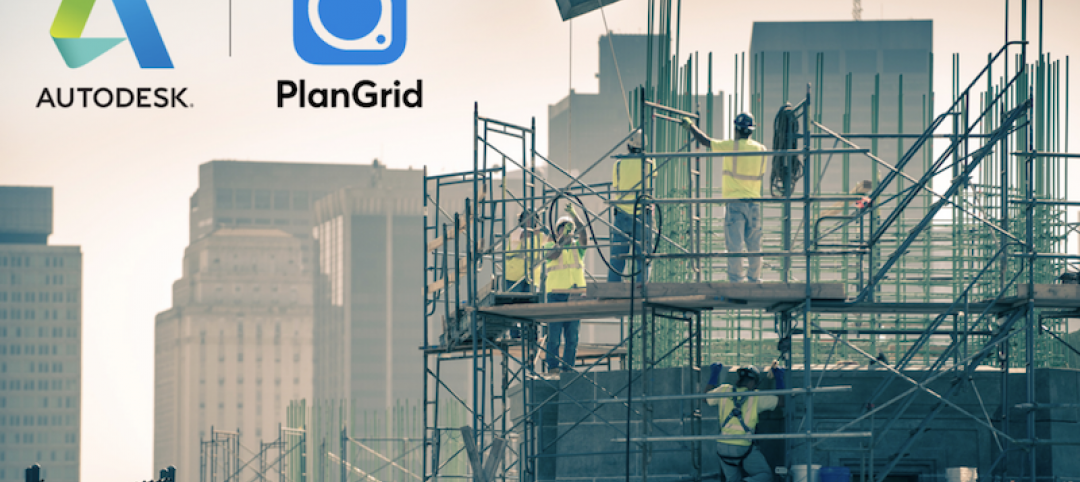Offices can oftentimes turn into a real life Goldilocks tale. One worker may be too hot, while another one is too cold. Meanwhile, a third employee is, you guessed it, just right. It is a question as old as the concept of the office itself: What is the most efficient way to manage the temperature of an office so everyone is comfortable? Like trying to determine if the universe actually is infinite or whether the chicken or the egg came first, it seems to be a problem without an attainable solution. Or is it?
As one startup is asking, what if we have been focused on heating and cooling the wrong thing? After all, it isn’t the room that necessarily needs temperature adjustment, but the bodies within the room. That’s where Personal Comfort Systems' Hyperchair comes into play. It may sound like something an astronaut gets strapped into as part of their training, but for the most part, the Hyperchair looks just like a regular office chair, with one major difference: it can actively heat or cool the person sitting in it.
Developed by researchers at the Center for Built Environment at UC Berkeley, the Hyperchair uses heating tape that is woven into the fabric of the chair to warm the occupant much in the same way a heated car seat works. And for anyone who finds himself or herself running a bit warm on a daily basis, tactically placed fans can be used to wick body heat away like a cool, lakefront breeze. The temperature of the chair can be adjusted either by using the onboard control panel on the side of the seat or by using a smartphone app. The back and the seat of the chair can be adjusted separately, which allows for one to be set on heat while the other is set on cool, just in case you ever find yourself wearing shorts and a parka on the same day.
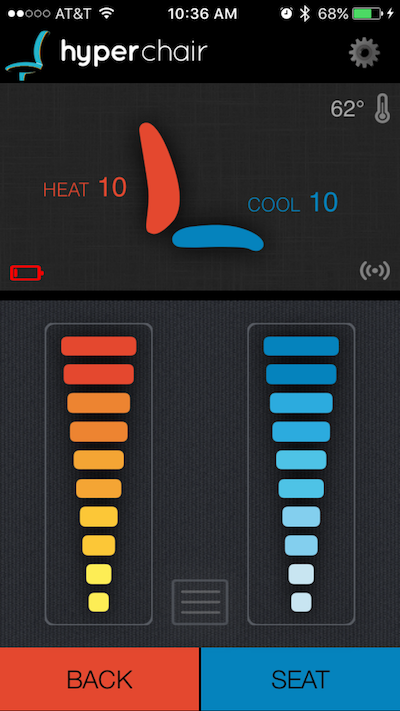 Photo Courtesy of Personal Comfort Systems
Photo Courtesy of Personal Comfort Systems
This technology comes at a cost, however, as the chairs range from $1,000 to $1,500 each, depending on the size of the order. And while that is certainly expensive for a chair, the company says this money will be made back in energy savings. In the winter the heat can be turned down a few degrees and the same goes for the air conditioning in the summer.
"If you relax it a couple of degrees, what you're going to find is a 5% to 10% energy savings on the heating and cooling system," Peter Rumsey, Founder and CEO of Personal Comfort Systems, said in an interview with Co. Exist.
The chairs will also be rigged with Wi-Fi and temperature sensors allowing them to communicate with the building regarding various temperature related issues. Additionally, in some climates or in mild seasons such as spring or fall, offices may be able to turn off their thermostats completely and use just the chairs for temperature regulation. With 30% of global carbon emissions coming from building energy consumption, not only can the chairs help with utility costs, but they can also be considered environmentally friendly.
For the time being, the startup is only offering the Hyperchair to large companies, but the hope is that it will eventually be made available for individual orders. The Hyperchair looks to solve a problem that has existed for years while providing everyone with a bit of the Goldilocks treatment of enjoying things that are just right... you know, without all of that breaking and entering business.
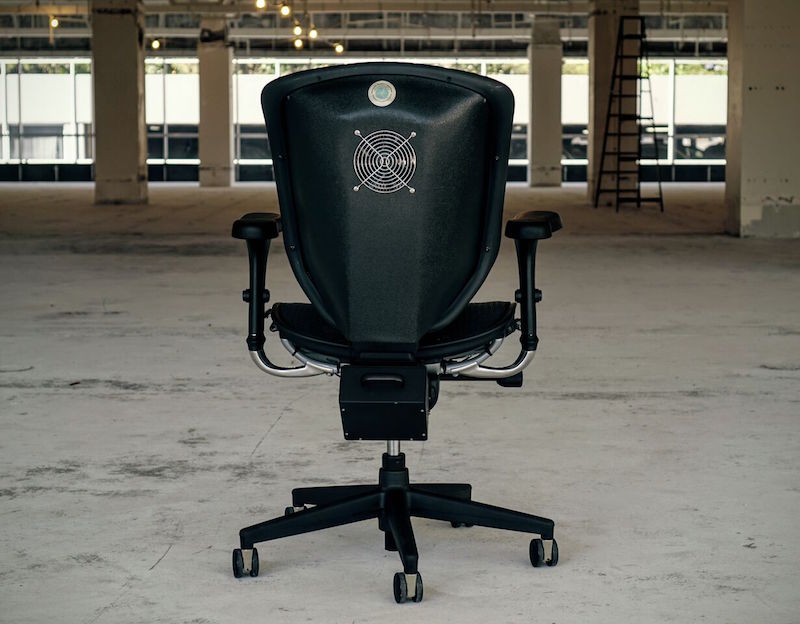 Photo Courtesy of Personal Comfort Systems
Photo Courtesy of Personal Comfort Systems
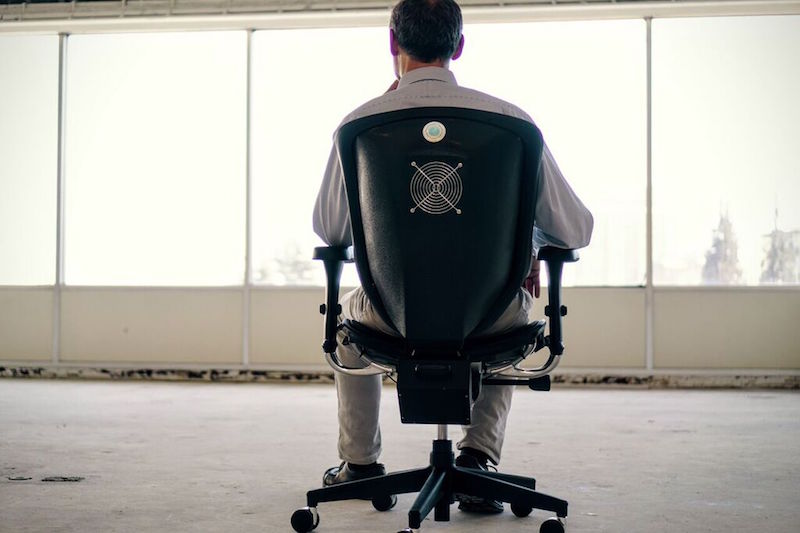 Photo Courtesy of Personal Comfort Systems
Photo Courtesy of Personal Comfort Systems
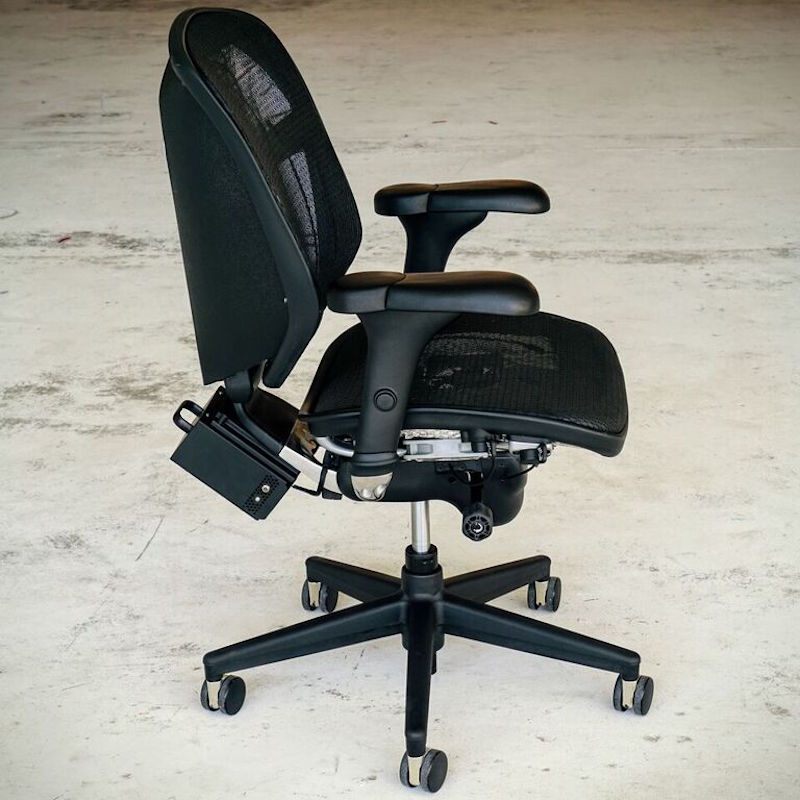 Photo Courtesy of Personal Comfort Systems
Photo Courtesy of Personal Comfort Systems
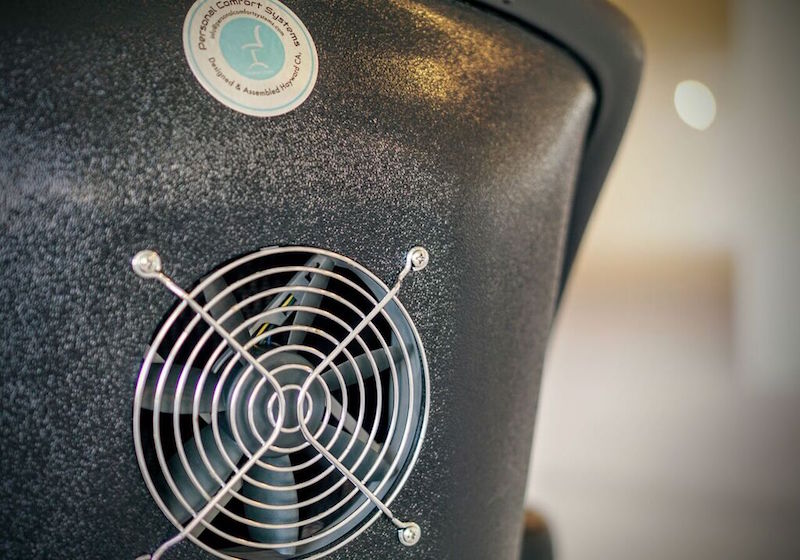 Photo Courtesy of Personal Comfort Systems
Photo Courtesy of Personal Comfort Systems
Related Stories
Building Tech | Apr 19, 2019
Skender, Z Modular reach agreement to fabricate multifamily housing components
Factory to open soon on the southwest side of Chicago.
Building Tech | Apr 8, 2019
Factory-based construction with no siloes starts with a single source of truth
Working from a single source of truth means every factor of design, procurement, manufacturing, and assembly will be accounted for before the assembly line is turned on.
Building Tech | Mar 19, 2019
Digital twin startup aims to map the planet's metros
The Smart World suite of 5D software platforms map and visualize data provided by metropolises to an intuitive real-time 3D simulation.
Digital Twin | Mar 15, 2019
Digital twin applications: 7 steps to a better-managed jobsite
Automated progress monitoring and optimizing equipment usage are among the potential applications for digital twin technology on construction jobsites.
Digital Twin | Mar 15, 2019
The Gemini Factor: Digital twin tech enters the AEC market
AEC firms explore how digital twin technology can bring more consistency to the design process and construction site.
Building Tech | Mar 13, 2019
Almost everything you wanted to know about industrial construction
Our experts offer 15 tips on how best to perform factory-based construction.
Building Tech | Feb 18, 2019
Investing — and building — smarter
Edge Technologies has entered into alliances with the International WELL Building Institute and wellness-focused real estate developer Delos.
Building Tech | Feb 14, 2019
The epic rise of industrialized construction
Experts project that prefabrication and modular construction will total $209 billion by the end of the decade.
Building Technology | Dec 20, 2018
Autodesk is spending $1.15 billion to acquire two construction tech providers
PlanGrid and BuildingConnected are the latest pieces in the company’s quest to digitize the construction industry.
3D Printing | Dec 7, 2018
Additive manufacturing heads to the jobsite
Prototype mobile 3D printing shop aims to identify additive manufacturing applications for construction jobsites.


